Global Governance
Your Present Location: PROGRAMS> Global Governance-

John Ross: "Community with shared future for mankind" most coherent analysis of global affairs
”President Xi Jinping’s concept of a `common future for humanity’ from its inception has been the most coherent analysis of global affairs,” said British expert John Ross in a recent interview with Xinhuanet.
2018-04-04 -
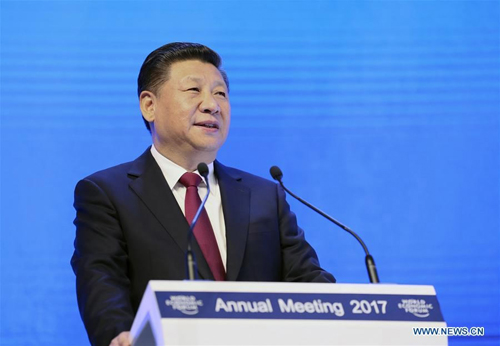
Wang Yiwei: A Chinese global vision – of all, by all and for all
Perpetual peace has been the dream of Confucius, Immanuel Kant and other philosophers for thousands of years. However, it is just a dream.
2018-03-27 -

Danilo Türk: Multipolar world calls for a new framework for global cooperation
The situation has changed dramatically over the past three decades. The political, economic and technological changes that happened in our generation have produced a pluralistic global society characterized by a plurality of different, powerful and competing versions of modernity.
2018-03-20 -
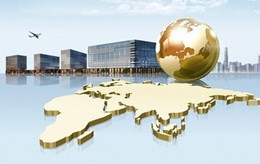
China pursues world peace, common development in international agenda
As President Xi Jinping`s concept of "building a community with a shared future for humanity" gains ground internationally, China will attach more importance to the five-year-old notion, with a view to finding an ultimate way to world peace.
2018-03-06 -

Ding Gang: Cooperation, not rivalry, vital for globalization
It`s hard to tell how many spare parts of an iPhone are manufactured in China, Japan or South Korea, but it`s certain that without globalization, iPhone would be impossible to assemble, and no country could make it all by itself.
2018-02-08 -

Davos’ theme in sync with China’s policies
This year`s theme of the World Economic Forum (WEF) meeting in Davos, Switzerland - Creating a Shared Future in a Fractured World - fits perfectly with China`s economic foreign policies and the Belt and Road initiative, say Chinese economists and experts.
2018-01-23 -

He Yafei: Rebalancing geopolitics, geoeconomics
In the discussion on global disorder and the fate of the West, many political and economic experts and pundits are focusing on how to rebalance geopolitics and geoeconomics in 2018. Why is that?
2018-01-23 -
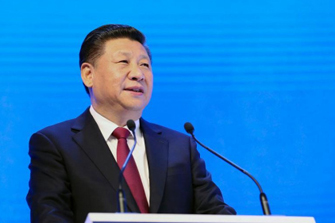
John Ross: One year on, impact of Xi`s agenda-setting Davos speech still felt
Given this speech’s great influence in shaping international discussion it is important to understand why it made such a deep international impact.
2018-01-16 -
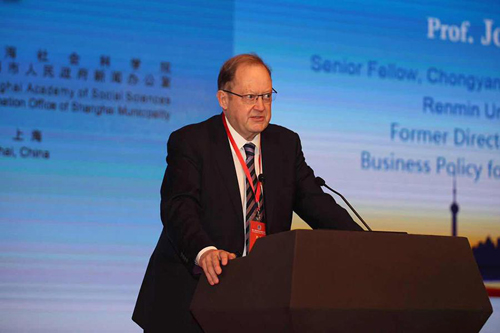
John Ross: China`s dream and the human dream
John Ross, senior fellow with the Chongyang Institute for Financial Studies at Renmin University of China, speaks at the Seventh World Forum on China Studies in Shanghai on Dec. 10, 2017.
2017-12-18 -
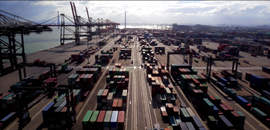
Liu Zhiqin: New era and new global governance
What China offers is a revolutionary step and can be a great contribution to the current world order. This new era brings new ideas, provides new philosophies for development and new concepts for the “common shared future of mankind.”
2017-12-12 -
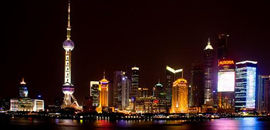
New era to bring chances
More than 180 scholars from 34 countries and regions convened in Shanghai for the opening of the forum, which is themed "China in a New Era". The two-day forum brought voices of Chinese experts from across the globe on what the term "new era" means to the world and to China studies.
2017-12-11 -
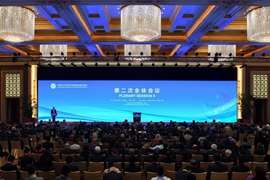
John Ross: The importance of Xi`s speech to international political parties
The speech presented a clear framework for foreign policy and was intellectually profound while it also explained why such a wide range of opinion was represented at the conference.
2017-12-07 -
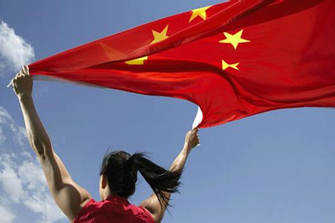
Wang Yiwei: Fulfilling domestic as well as global goals
Today`s China is committed to socialism with Chinese characteristics in the new era and is a leading developing and emerging country. So while making efforts to realize the Chinese Dream of national rejuvenation, China will "keep in mind both our internal and international imperatives" and pursue common prosperity at home and sustainable development globally.
2017-11-28 -
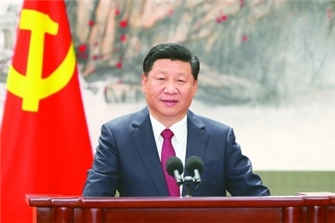
Liu Zhiqin: New era plus new shared globalization
General Secretary Xi Jinping has addressed his concept of “New Era” during the 19th National Congress of the Communist Party of China. This new conclusion on today`s status is very important for us, as this "New Era" will tell you many interesting stories which are attractive to the world.
2017-11-10 -
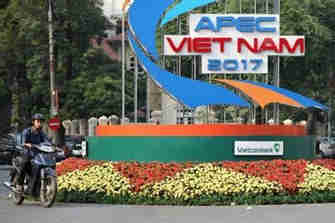
Liu Zhiqin: More wisdom needed for APEC cooperation
The American Dream has been joined by “the Chinese Dream” in rhetorical parlance recently – and surely every population has its own such aspirations to be prosperous and happy. So we have no reason not to coordinate local policies. Only when the whole region becomes rich and peaceful can every single member enjoy common prosperity.
2017-11-10 -

Wang Yiwei: Fairer world order the goal of diplomacy
Along with its economic prowess, China`s increasingly ambitious, but mutually beneficial, foreign policy is at times misunderstood. Questions have been asked about where the country stands in the global arena and how it balances its role as an emerging power and the world`s largest developing country.
2017-10-20 -

Liu Zhiqin: BRICS pave way for new wave of common prosperity
The BRICS summit in Xiamen, Southeast China`s Fujian Province, was a success, showing the world that developing countries are determined to work together and build a more prosperous and equitable world.
2017-09-18 -

He Yafei: Arrival of the `Post-American Era`
We have entered a “Post-American Era,” meaning that the so-called “Pax Americana” and the American century is over. We are witnessing not just the arrival of the new era, but also a quickening pace of the epoch-making process.
2017-09-13 -
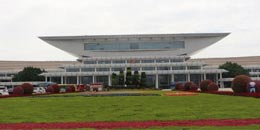
BRICS Summit: an opportunity to chart new course for future
The leaders of five leading emerging nations will descend on Xiamen, the subtropical island off China`s east coast, to discuss the future direction of one of the world`s leading country groupings.
2017-09-13 -
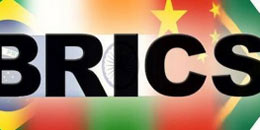
BRICS moving toward a brighter future
Editor`s note: With "A Stronger Partnership for a Brighter Future" as its theme, the ongoing 9th BRICS Summit in Xiamen, East China`s Fujian province, holds a lot of promise for not only consolidating the economic integration of its five member states, but also better global governance.
2017-09-12
























































































 京公网安备 11010802037854号
京公网安备 11010802037854号





